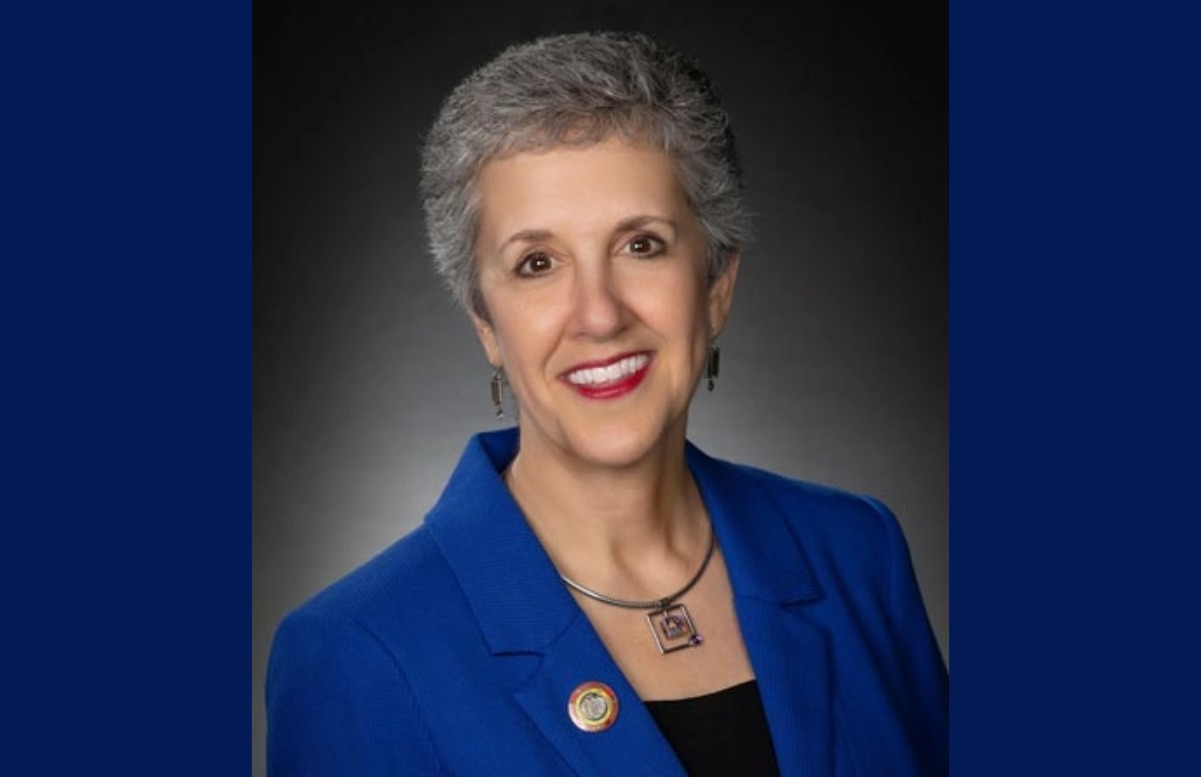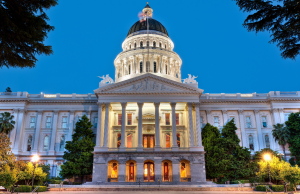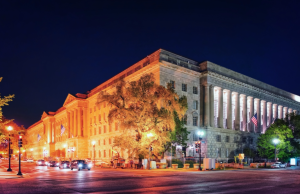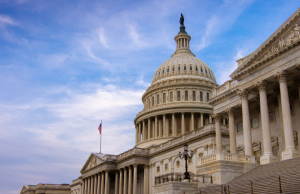A Democratic state senator from Maryland is spearheading a bipartisan movement to create a National Nonprofit Legislative Caucus of state-level lawmakers to ensure nonprofit issues aren’t neglected when new legislation is being considered.
The effort has the support of the National Council of Nonprofits (NCN) and National Conference of State Legislatures (NCSL), both of which are working with Maryland state Sen. Cheryl Kagan to promote the idea across all 50 states.
Kagan has a special interest in taking up the cause. A former member of the Maryland House of Delegates from 1995 to 2003, she later served 12 years in the nonprofit sector as a staffer, founder, funder, volunteer, board member, and executive director before returning to public service as a state senator in 2015.
“When I returned to elective office as a senator, I had an even deeper commitment to helping our nonprofits,” Kagan told The NonProfit Times.
Kagan’s work with Maryland Nonprofits, the state association of charitable and nonprofit organizations, led to her sponsoring or helping to pass legislation to aid the sector. Her initiatives have included the creation of a revolving fund to provide interest-free bridge loans to nonprofits awaiting receipt of a government grant or contract and a requirement that the state provide prompt payment of nonprofit grant awards the same as it does when procuring goods and services from businesses.
Kagan plans to start a nonprofit caucus in the Maryland state legislature and has formed a partnership with NCN Policy Counsel Tiffany Gourley Carter, with whom she co-hosted a gathering of dozens of legislators from across the country at the annual NCSL Summit last month in Indianapolis. The two handed out buttons reading “I ♥ Nonprofits” and are working to advance the concept in other states, three of which – Kentucky, Nevada, and Pennsylvania – have recently formed nonprofit legislative caucuses.
NCSL has agreed to Kagan’s request that it allocate staff time to support legislators working on nonprofit issues as it has long done for other issues such as education, transportation, the environment, healthcare, and civil rights. Kagan’s goal is to win formal recognition of the national nonprofit caucus by NCSL and to have the group’s activities become integrated within the national organization itself so others can easily get involved.
Carter believes the potential cross-pollination of ideas would augment the work NCN already does tracking hundreds of bills – good and bad – impacting the nonprofit sector in state legislatures across the country. “The intent isn’t for this to become a lobbying organization but a collaboration and relationship-building opportunity between state legislators and nonprofits,” Carter said. “We have also been very intentional in making this a bipartisan effort. We want buy-in from both sides of the aisle and want to work with nonprofit champions regardless of where they fall politically.”
NCN leaders hope this effort will lead to the advancement of nonprofit-related legislation in other areas including government grant reform, charitable giving incentives, tax exemptions, employment policy, and nonprofit advocacy rights. Often, however, the simple addition of the phrase “and nonprofit organizations” when drafting legislation affecting small business and other institutions can be enough to make a huge difference, said Kagan. The challenge is ensuring nonprofits have a place at the table when proposals are being considered. “It’s so easy to include the nonprofit sector, but it has to be top of mind,” said Kagan, who emphasized that she isn’t seeking state funding for the caucus.
Many nonprofits are still reeling from the challenges of increased demand for services and decreased revenue they saw during the pandemic. “And if all the homeless shelters and food pantries and arts organizations and literacy councils closed their doors, governments would have to pick up the slack,” Kagan said. “That would mean increased costs, higher taxes, and a lower quality of life in our communities.”












